
How social media regulation could affect the press
The United Kingdom moved a step closer to regulating social media in December when a parliamentary committee recommended major changes to the country’s Online Safety Bill so as to hold internet service providers responsible for material published on their platforms. “We need to call time on the Wild West online,” said committee chair Damian Collins….

Lawyer Apar Gupta: With Pegasus probe, India’s Supreme Court is pushing the government to answer to journalists
On October 27, India’s Supreme Court ordered a “thorough inquiry” into the government’s alleged use of Pegasus spyware to monitor journalists and others by secretly surveilling their cell phones. The Israeli company NSO Group, which created Pegasus, says it sells only to official law enforcement agencies. Journalists in India have been aware of the threat…

Pegasus Project revelations show added layer of risk for corruption reporters
Exposing those who abuse power for personal gain is a dangerous activity. Nearly 300 journalists killed for their work since CPJ started keeping records in 1992 covered corruption, either as their primary beat, or one of several. The risk was reaffirmed this month with the release of the Pegasus Project, collaborative reporting by 17 global…
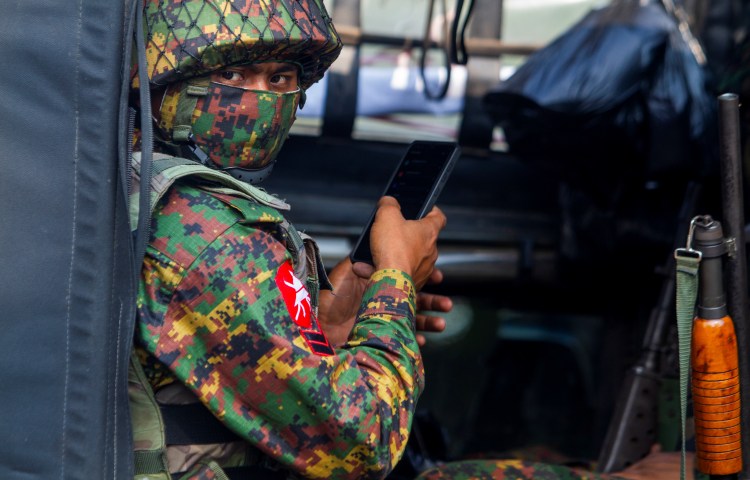
Journalists struggle to work amid extended internet shutdowns in Myanmar, Ethiopia, Kashmir
By CPJ Africa and Asia Program Staff Even a brief shutdown of the internet impedes the press from doing its job. But some disruptions last for months, severely undermining safety and access to information, CPJ has found. Recently, authorities have imposed such measures in Myanmar and Ethiopia amid serious crises. India leads the world in internet…
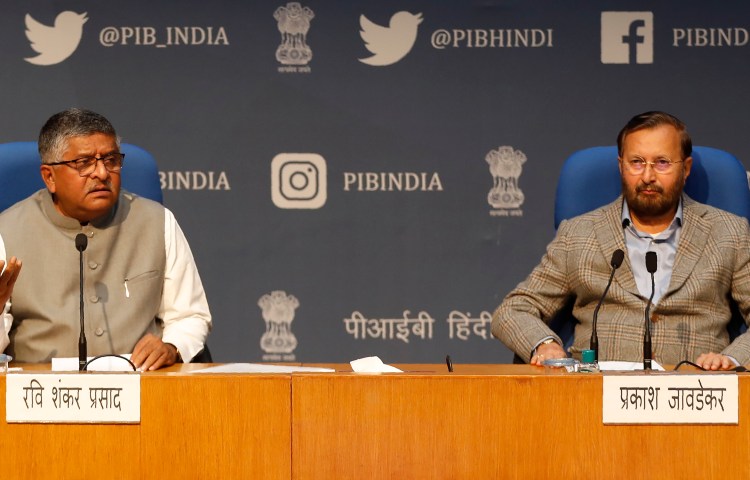
Digital media rules empower Indian government to censor online news
Digital news sites in India are on edge and expecting the worst after the government promulgated news rules in February, bringing them under regulation and further endangering the environment for press freedom in the country. The rules, in essence, give the government powers to censor website content, with little chance for appeal. In interviews with…
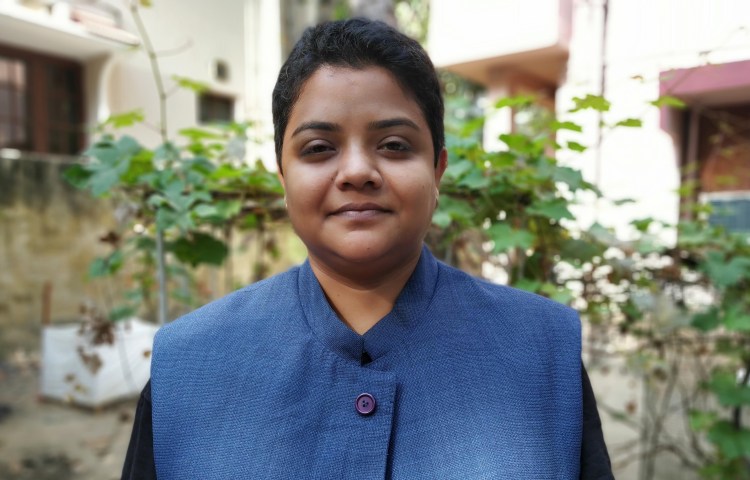
Indian journalist Sandhya Ravishankar describes ‘conflict zone for female journalists’ ahead of Tamil Nadu elections
Political campaigning in the Indian state of Tamil Nadu has hit a fever pitch as the state prepares for elections on April 6. The contest is between political alliances led by the incumbent All India Anna Dravida Munnetra Kazhagam (AIADMK) party and the Dravida Munnetra Kazhagam (DMK), the main opposition party. The campaigns pose heightened…
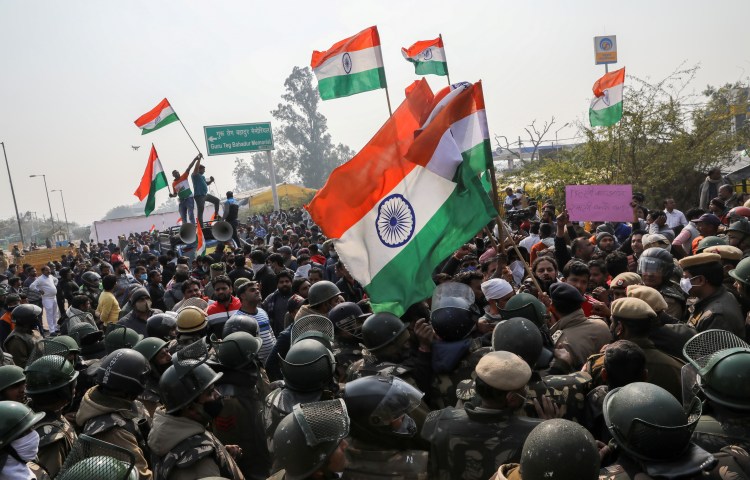
CPJ joins calls for tech firms and Indian government to ensure free access to information
The Committee to Protect Journalists today joined nine other human rights and free expression groups in a statement urging social media platforms to respect human rights, and for the Indian government to withdraw new regulations that could stifle free speech online. The statement listed some of the Indian government’s recent efforts to silence criticism and…
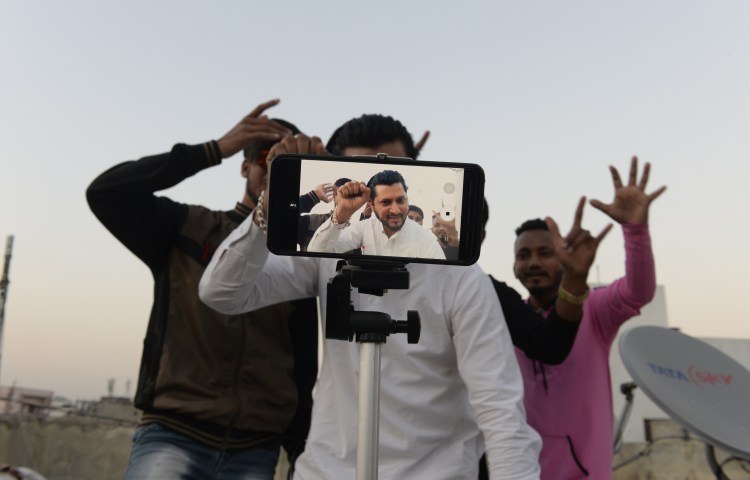
Outlawing TikTok may not impede journalists, but U.S. and India bans could set a risky precedent
“Allison, can Trump ban TikTok?” Dave Jorgenson, The Washington Post’s self-described “TikTok Guy” asks in an August 3 video on the app. His colleague Allison Michaels responds: “The answer is yes, but how he can do it is kind of complicated…” It would be a typical exchange between journalists, but for the surreal setup: Jorgenson is standing over a birdbath, asking…
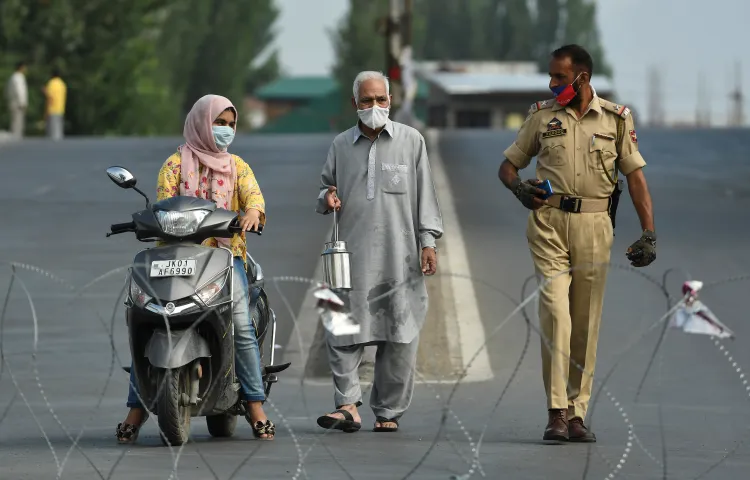
Kashmiri journalists describe new government tactics to control the narrative
In April, after Srinagar-based senior journalist Peerzada Ashiq published an article about the families of two militants who wanted to exhume their bodies to perform funeral rites, police in Kashmir launched an investigation and accused him of publishing “fake news.” Ashiq told CPJ that he had sought official comment on multiple channels, but never received…

Mission Journal: Journalists in India’s Uttar Pradesh say threat of attack or prosecution looms large
Also available in हिंदी में On March 26, two days after Indian Prime Minister Narendra Modi announced a national lockdown to control the spreading of COVID-19, Hindi-language daily Jansandesh Times reported that a tribe in Varanasi, Uttar Pradesh state, didn’t have enough to eat due to the sudden announcement and that children were eating grass.…